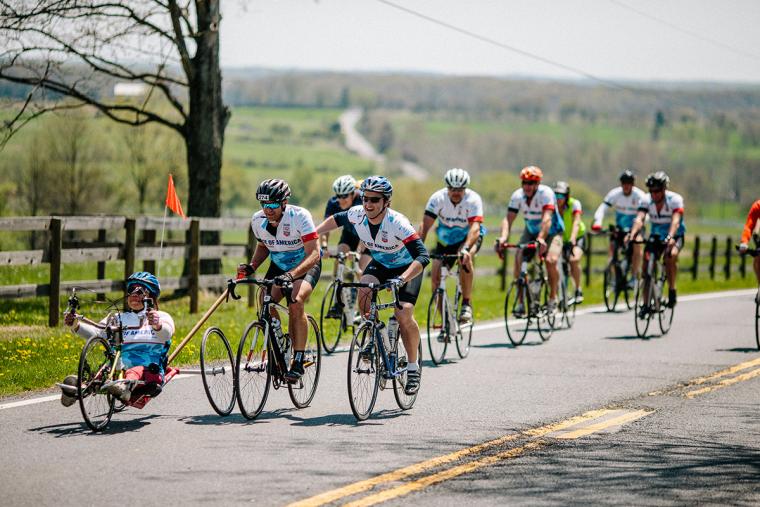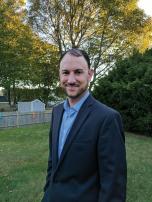

World T.E.A.M. is a 501(c)(3) nonprofit organization chartered in 1993 and headquartered in Boston, Massachusetts. (Its finance office is in Holbrook, New York.) Since offering its first program in 1987, World T.E.A.M. has organized athletic events for disabled and able-bodied citizens, including mountain climbing, whitewater rafting, bicycling, adventure racing and other activities.
Sports Destination Management: What kind of events and programs does World T.E.A.M. put on?
Jon Brideau: Currently, we offer two types of events, with two similar sets of goals. The first is our large events. Examples would be the Face of America Ride that takes place in April, or our Team Challenge, which includes activities like rafting, hiking, mountain biking, climbing and camping.

SDM: Is it a challenge putting on something like the really large bike events?
Brideau: It can be. When you’re putting on an event for athletes with disabilities, you have to think ahead. With a bike ride, you know people are going to break down, have flats and so on. You need to be confident your staff is able to do repairs on the spot if someone is using a kind of bicycle they’re not accustomed to servicing, like the handcycles, the tandems and the recumbents.
In advance of our bicycle ride that went to Ground Zero in New York, we pulled the course marshals aside and asked everyone to familiarize themselves with the types of bicycles they would see out there. We said, “You can’t be using Google on the course if something goes wrong.” We’ve also learned to have the right supplies on hand. Because many of those bicycles use tires and tubes that are different sizes from the ones people usually use, we needed to make sure we had extras in stock on our sag wagons.
SDM: Some of your events are in the outdoors. Does that call for additional planning?

SDM: Volunteers are essential. How do you find yours?
Brideau: People get involved in our events for any number of reasons. Sometimes, they just want to volunteer, and we can always find something for them to do. Sometimes, their relative is a military veteran or has a disability, and that creates an interest that works as a vehicle to get them involved with us. Sometimes, people work for our corporate sponsors, and they have no experience whatsoever, but they’re passionate about it. No matter what background they’re from, we’re able to identify people who are really good at this and move them to bigger roles.
SDM: How do you find the athletes to participate in your events?
Brideau: If you’re planning an event for athletes with disabilities, here’s something to keep in mind: You’re working with a community that is very well-connected. If an athlete has a good experience at your event, he or she will come back, and will tell others, who may or may not have disabilities, how great it was. If they come to you to discuss problems, listen to them and then make the changes that are needed. We always remember the saying, “Bad news is halfway around the world before good news is out of bed,” and it’s incredibly true when it comes to creating accessible sports events. SDM

